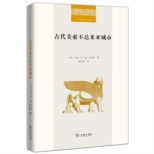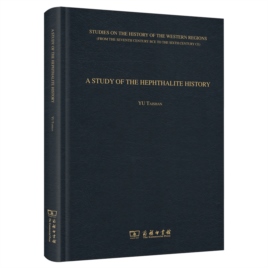INTRODUCTION The Hephthalites originated from the area north of the Great Wall. Around the beginning of the 370s CE, the Hephthalites crossed the Jinshan 金山 Mountains (i.e., Altai Mountains) and moved west to Sogdiana, and controlled the valley of the Zarafshān River. They were subject for a time to the Rouran 柔然 because they remained weak down to the beginning of the fifth century CE. The Hephthalites crossed the Amu Darya, and invaded the Sasanian Empire in the mid-420s CE, but were repelled by Bahrām V [420-438]. At the end of the 430s CE, the Hephthalites moved south to Tokhāristan, defeated the Kidārite Kushāns who were entrenched there, and banished King Kidara. The Hephthalites then invaded westwards the Sasanian Empire from Tokhāristan, at the time when Yazdgird II [438-457] was on the Sasanian throne. This was the prelude to more than a century of war between the Hephthalites and Persians. The Persian troops successfully held off the Hephthalite invasion for the first decade or more of this period, and even switched from the defensive to the offensive in the twelfth year [449] of Yazdgird II’s reign. However, four years later, the Hephthalites utterly defeated Yazdgird II, not only cementing their rule over Tokhāristan, but also seizing some of the eastern territory of the Sasanian Empire. At the time when they defeated Yazdgird II, the Hephthalites crossed the Hindu Kush, and then proceeded to subject all the states south of the mountains. The Hephthalites thereupon waged war against the Gupta Empire in India, but were repelled by Skandgupta [c. 455-470] who had just ascended the throne. After Yazdgird II died, his two sons contended for the throne. The second son won and ascended the throne as Hurmazd III [457-459]. The eldest son Pērōz [459-484] fled in panic to the Hephthalites to seek asylum and then took the throne by dint of their military prowess.





